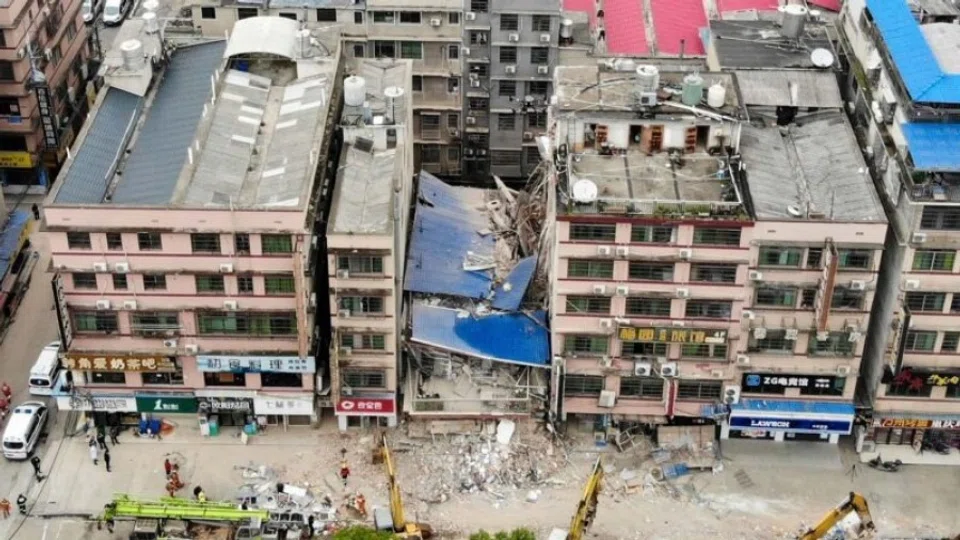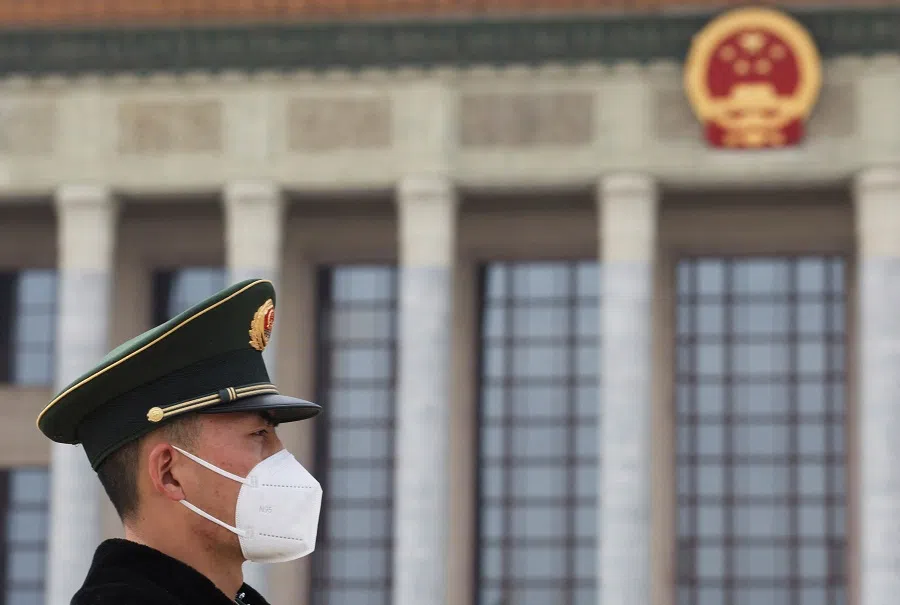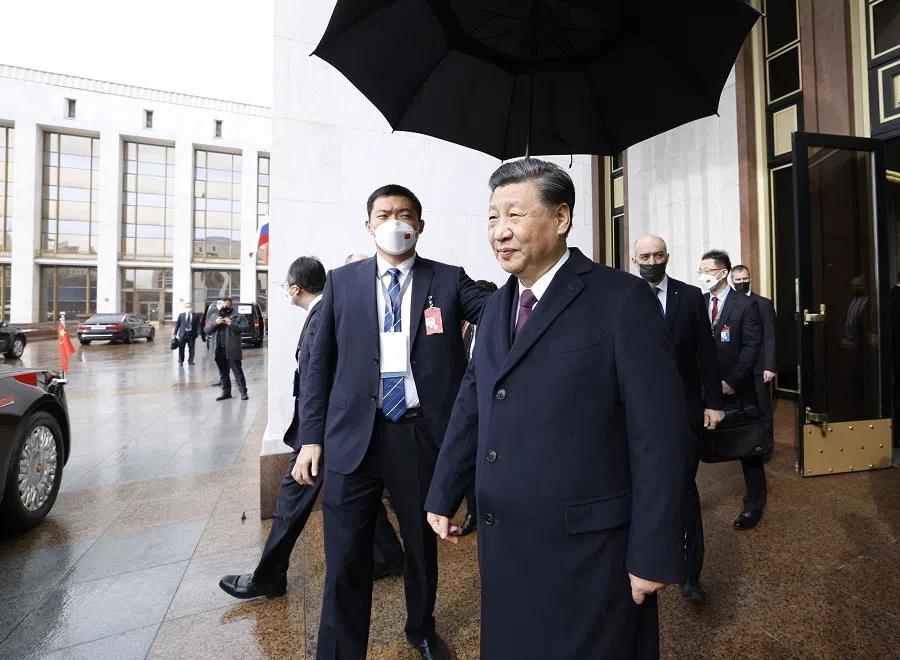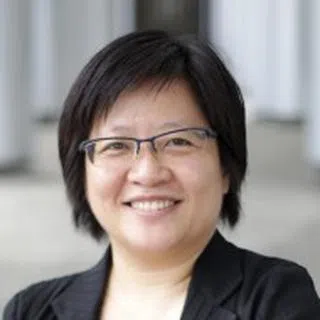No running away: China's officials to bear 'lifelong accountability' for past mistakes
Following a residential building collapse in Hunan last year, several officials have been investigated, including Chongqing mayor Hu Henghua, who left Hunan 18 months ago. Does this mean that officials are now held accountable for incidents from their previous posts, and also for life? What does this say about China's current political climate?

Last week, the central government released a report after a year-long investigation into the tragic collapse of a self-built residential building in Hunan province's Changsha city in the Wangcheng district. The incident took place in April last year and claimed the lives of 54 people while injuring nine. Sixty-two government officials were held accountable, and four high-ranking officials faced disciplinary action from the central government.
Negligence by officials
According to the report by the State Council's accident investigation team, the collapse was due to the illegal construction and unauthorised expansion of the building by the owner. At the same time, the local government and agencies also lacked diligence in rectifying the illegal construction and risk management. Some even evaded responsibility and neglected their duties.
The report stressed that these were chronic issues. It said that the housing and construction departments in Changsha city and Wangcheng district "only focused on legal activities while ignoring illegal ones, and handled officially reported construction projects while disregarding self-built ones". Hence, a significant number of undeclared self-built houses on collective land were left unsupervised and allowed to pose safety risks, creating blind spots in regulation.

The report also criticised the severe and long-term lack of law enforcement by the Urban Management and Comprehensive Law Enforcement Bureau of Wangcheng district, among other issues.
Of the 62 government officials who faced punishment, four were transferred to the judicial system for suspected crimes related to their positions. Several senior officials were dismissed, including Lu Shan, deputy secretary-general of the Hunan provincial government and former director of the provincial Housing and Urban-Rural Development Department; Zheng Jianxin, Changsha mayor; as well as the party secretary and district chief of Wangcheng district.
[Chongqing mayor] Hu Henghua and Guiyang party secretary Hu Zhongxiong both previously served in Changsha, and are now held accountable for dereliction of duty across provincial boundaries.
Rare cross-provincial accountability
Notably, Chongqing mayor Hu Henghua was among those held accountable for the incident.
Hu Henghua and Guiyang party secretary Hu Zhongxiong both previously served in Changsha, and are now held accountable for dereliction of duty across provincial boundaries. Hu Henghua received a warning from the Chinese Communist Party (CCP), while Hu Zhongxiong was given demerits by the National Supervisory Commission. They are among the four high-level cadres - whose appointments are decided by the central government - that are facing consequences.
According to their profiles, Hu Henghua and Hu Zhongxiong had previously served in Hunan for several years. They had worked together in Yiyang city as deputy party secretary and mayor. Hu Henghua later held various positions in Changsha, including acting mayor, mayor and party secretary between 2013 and 2020. Hu Zhongxiong was mayor of Changsha from 2018 to 2020. They were transferred to Shaanxi and Guizhou in October and January 2020 respectively.

In other words, at the time of the Changsha building collapse, Hu Henghua and Hu Zhongxiong had already left their positions there for well over a year and a half and two years respectively. However, they were still investigated, which is relatively unheard of in the Chinese political arena.
Transfers and promotions no longer guarantee a "safe landing" for officials, who have to be extremely careful in fulfilling their duties.
This also means that even when party and government officials are transferred or promoted to new positions, if a major tragedy occurred or problems that contributed to the disaster already existed during their prior term, they will not be absolved of blame.
The investigation will not only cover issues such as corruption, but also incidents due to personal negligence or even the negligence of subordinates, with the officials held accountable.
Some commentators suspect that many major safety incidents in China will be subject to years of investigations given this precedent. Transfers and promotions no longer guarantee a "safe landing" for officials, who have to be extremely careful in fulfilling their duties.
Lifelong accountability mechanism in place
In fact, the CCP has been gradually developing a lifelong accountability system (终身追责制) for officials in the decade since the 18th Party Congress. The relevant provisions were initially targeted at the political and legal system to effectively prevent wrongful convictions.
In July 2013, the Central Political and Legal Affairs Commission issued regulations on the effective prevention of wrongful convictions (《关于切实防止冤假错案的规定》), which clearly stipulated that judges, prosecutors and police are responsible for the quality of cases that they handled and that the liability incurred should last for a lifetime.
Under the accountability campaign, over 500 prosecutors were held accountable for wrongful convictions in 2022 alone.
The mechanism for investigating miscarriages of justice was further elaborated in the Ministry of Public Security's regulations on the liability of public security organs in wrongful convictions (《公安机关人民警察执法过错责任追究规定》), issued in March 2016. Under the accountability campaign, over 500 prosecutors were held accountable for wrongful convictions in 2022 alone.

The CCP Central Committee Decision Concerning Several Major Issues passed at the fourth plenary session of the 18th Central Committee of the CCP in 2014 established a system of lifelong responsibility investigation and responsibility tracing mechanisms for major policy decisions.
At the time, the document was mainly targeted at the arbitrary policies implemented by officials who were driven by the selfish fulfilment of personal political aspirations, and also wrong policies that have led to ecological damage or safety accidents due to the officials' one-track focus on GDP.
The document indicated that the legal liability of the administrative head, other leading personnel bearing responsibility, and corresponding responsible personnel, will be strictly investigated for grave mistakes made in policymaking. They would also be investigated for any long-term delays in policymaking that caused serious damage or detrimental influences.
Solidified power of top leader
Next is the accountability tracing mechanism for corruption. There are many examples of this, including the corruption probe that looks into the past 20 years of the Inner Mongolian coal industry. It saw the detainment of dozens of retired officials in their 60s and 70s, including an official who had already stepped down for 14 years.
Recently, an increasing number of "elderly corrupt officials" are being investigated years after their retirement, including 69-year-old Ji Tao, former head of the Chongqing inspection team, who was investigated a few weeks ago; as well as 70-year-old Wu Cha and 68-year-old Zheng Hong, former vice-chairs of the Standing Committee of the Baiyin People's Congress in Gansu and Chongqing Municipal People's Congress respectively, who were investigated in March.
... four high-level cadres receiving warnings and demerits in the Changsha case may just reflect the unchallenged power of the top leader President Xi Jinping.

However, the cross-provincial investigation and punishment of senior officials for the collapse of the illegally built residential building seemed harsher and more aggressive compared with the corruption cases.
Some commentators believe that the investigation and punishment for the Changsha case reflect the political struggle among the higher-ups. But the actual situation could just be the opposite.
After the CCP's 20th Party Congress, factions no longer exist in the upper echelon and there is less political consideration when seeking accountability from top cadres. Hence, four high-level cadres receiving warnings and demerits in the Changsha case may just reflect the unchallenged power of the top leader President Xi Jinping.
While such an environment may put considerable pressure on officials, it could also be a form of motivation. The next question is, will recent major incidents in other areas also be investigated and accounted for in the same manner? Will the public receive a comprehensive report of these incidents? We shall wait and see.
This article was first published in Lianhe Zaobao as "重庆市长胡衡华被倒查".
Related: Building collapses in China call for more stringent checks on structural safety | With Xi-ism, is extreme power quietly taking shape in China? | Chinese state media: Party and state leaders step down of their own accord | How top decisions are made in the CCP's 'meeting-based' governance model | CCP removes political factions and corrupt officials ahead of 20th Party Congress



![[Big read] When the Arctic opens, what happens to Singapore?](https://cassette.sphdigital.com.sg/image/thinkchina/da65edebca34645c711c55e83e9877109b3c53847ebb1305573974651df1d13a)
![[Video] George Yeo: America’s deep pain — and why China won’t colonise](https://cassette.sphdigital.com.sg/image/thinkchina/15083e45d96c12390bdea6af2daf19fd9fcd875aa44a0f92796f34e3dad561cc)
